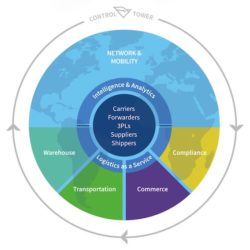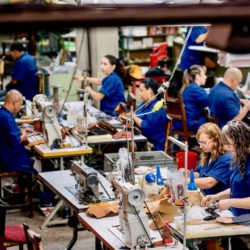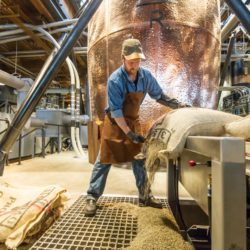Blockchain helps Nestlé to improve transparency in the food chain

Swiss multinational Nestlé plans to use blockchain to gain more transparency in the food chain. The company has started a pilot based on blockchain distributed ledger technology which enables the end-to-end traceability of food.
Nestlé is building the blockchain on the OpenSC platform, which offers everyone the opportunity to verify the authenticity of product sourcing and sustainability data. OpenSC was developed by the World Wildlife Fund Australia and BCG Digital Ventures.
The pilot is tracing milk from New Zealand dairy companies that is shipped to the Middle East. In the longer term, the technology will also be tested on palm oil from North and South America.
Full disclosure of Nestlé’s supply chains
“This open blockchain technology will enable anyone, anywhere in the world to easily assess our responsible sourcing facts and figures,” states Benjamin Ware, Global Head of Responsible Sourcing at Nestlé. “We believe it is another important step towards the full disclosure of our supply chains announced by Nestlé in February this year, raising the bar for transparency and responsible production globally.”
IBM Food Trust
The food manufacturer has previously also made use of the IBM Food Trust programme, in which blockchain is used to trace food and drink products throughout the entire supply chain. Additional advantages are that it prevents food waste, increases transparency and allows the detection of food-borne diseases. It is also easier to set up product recalls and to isolate contaminated batches.










